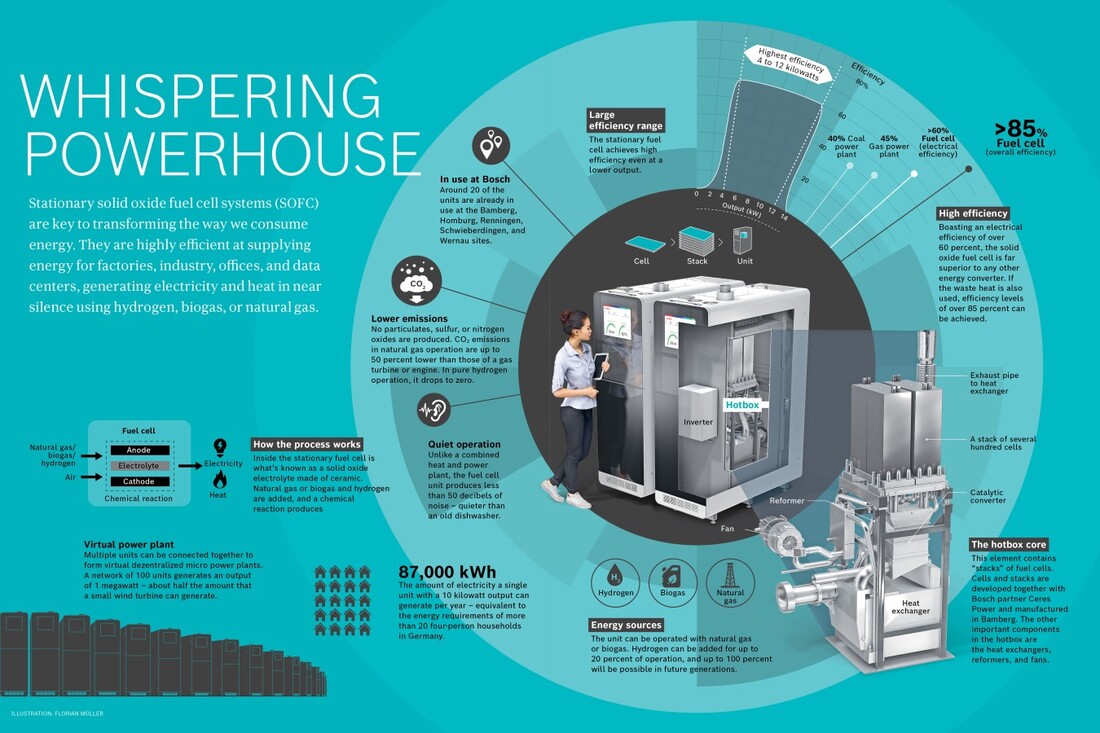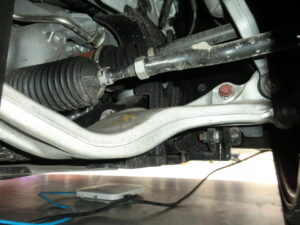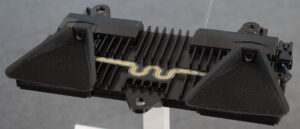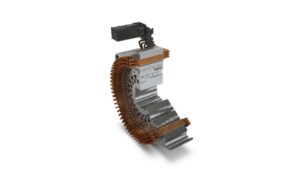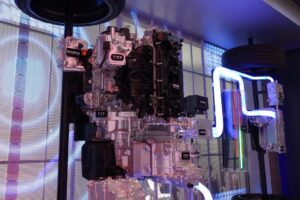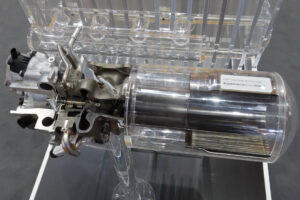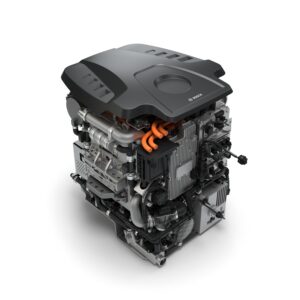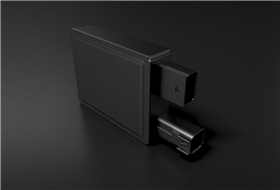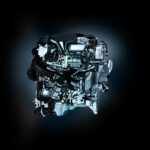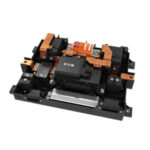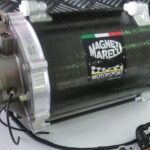In 2024, the supplier of technology and services intends to start full-scale production of distributed power stations based on solid oxide fuel-cell technology – hence the agreement to intensify its alliance with Ceres Power. Following a successful prototype construction phase, the two companies now want to press ahead, initially with the pre-commercialization process for stationary fuel cells.
For solid oxide fuel cell (SOFC) systems, Bosch is aiming for an annual production capacity of some 200 megawatts. This is enough to supply around 400,000 people with electricity in their homes. Bosch is planning to produce the stationary fuel-cell systems at its manufacturing sites in Bamberg, Wernau, and Homburg, as well as its development sites in Stuttgart-Feuerbach and Renningen – and will invest hundreds of millions of euros by 2024. This means Bosch is positioning itself clearly as a systems supplier for stationary fuel cells with its own value creation in the cell and stack segment. One intended application of SOFC technology is in small, distributed, connectivity-enabled power stations, which can then be used in cities, factories, trade and commerce, data centers, and electric vehicle charging infrastructure. Bosch estimates that the market for decentralized power generation will reach a volume of 20 billion euros by 2030. A total of more than 250 Bosch associates are now working in this promising new field – 150 more than a year ago.

